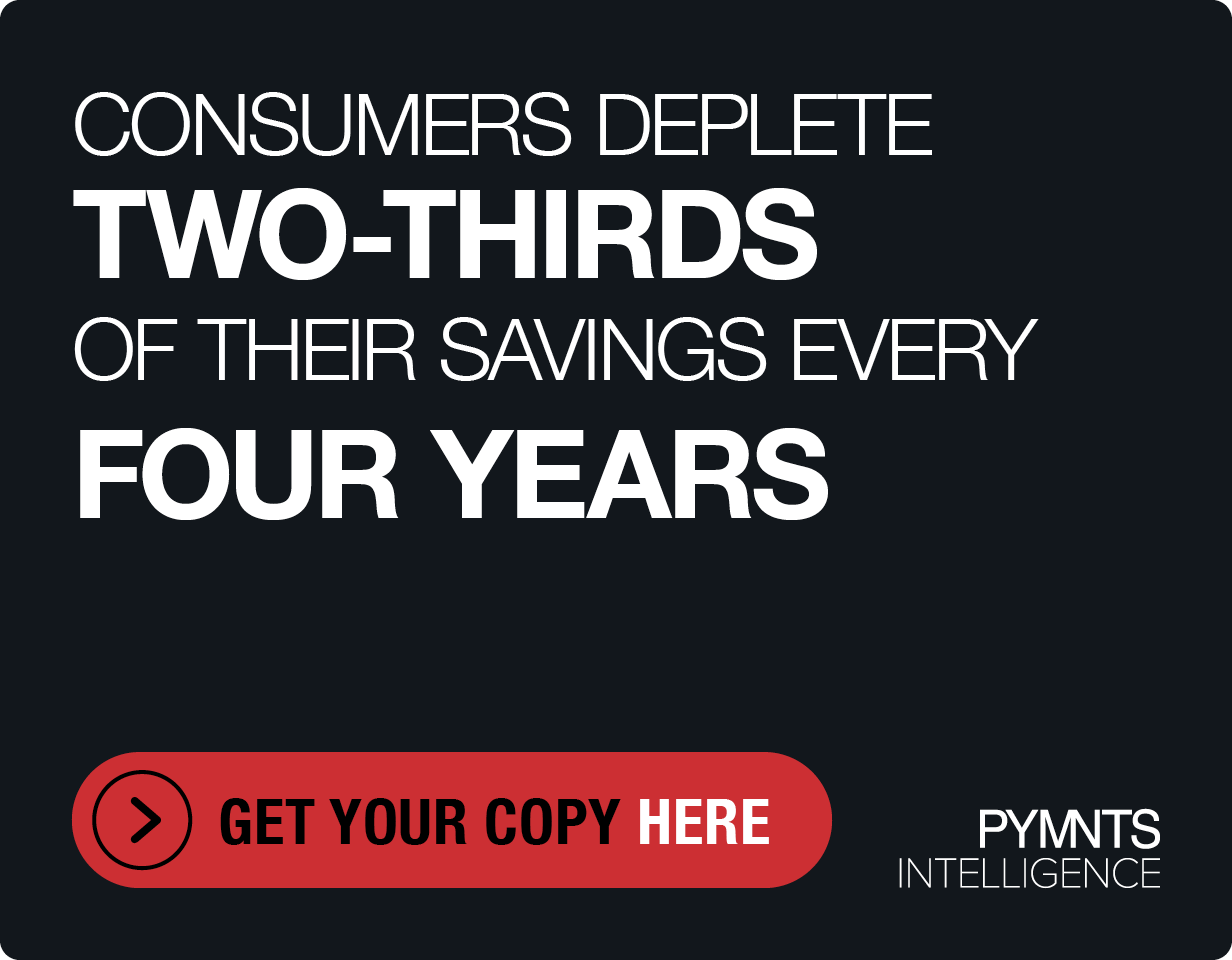Facebook Messenger P2P Expands To UK, France

The big challenge with peer-to-peer (P2P) payments has always been ubiquity. Many platforms have made like-to-like transfers fast, easy and secure. But when users need to transfer apples to oranges, they’re still encountering friction, as the sender and receiver must both be on the platform to take advantage of those fast, easy, secure transfers.
Consumers have a lot of options when it comes to P2P payment platforms, making it hard to get everyone on the same page. For example, if three friends agree to Venmo the friend who covered dinner, but a fourth friend isn’t on the platform, it can be kind of awkward.
Meanwhile, Facebook is everywhere. With 2 billion users, almost everyone has a profile, giving the social media platform a degree of ubiquity that even dedicated P2P platforms don’t enjoy.
Stan Chudnovsky, head of Product for Messaging at Facebook, told Karen Webster in a recent interview that adding P2P payments to Messenger — a move the social media giant made in 2015 — just made sense. Users can send texts, photos, videos, emoji, GIFs — why not money?
The service has seen healthy growth in the U.S. over the two years since its launch, building the foundation for Messenger to start offering the same capability internationally. Chudnovsky told Webster that users in the U.K. and France will soon be able to send P2P payments over the platform as well.
“It’s a good opportunity,” Chudnovsky told Webster. “Here, we have a lot of similar services that are cheap or free, but that’s not the case in France and the U.K. We’re making sure users in those countries have access to the same services that U.S. users have.”
In the two new markets, as in the U.S., Chudnovsky said that mobile payments will ride the existing debit rails between banks — again leveraging ubiquitous infrastructure to offer the service as widely as possible.
Payments never sit in a wallet of any kind, Chudnovsky said; Messenger doesn’t hold money at any point. Using the debit rails means that transfers can be instantaneous — or, at least, as fast as the customer’s bank would process them if he or she walked through the door at a branch and asked to deposit cash.
Some institutions may process deposits in real time, said Chudnovsky, while others may do so the following morning. Whatever process the bank normally follows is what it will follow with regard to P2P payments over Messenger, he explained.
Webster thought that the instantaneous element would be a big tick mark in the service’s favor.
“Same-day isn’t good enough anymore,” she said. “Same-minute is what consumers expect now.”
Chudnovsky said the fact that the U.K. and France have similar debit rails and transaction capabilities to those in the U.S. made them an easier next step than countries whose transaction capabilities rest instead on direct-to-bank account transfers.
To use the service, Facebook Messenger users must put their debit information into the platform just once. From there, they will then be able to send and receive mobile payments to friends and family, as well as to businesses whose Facebook pages take payments — an area of Messenger that Chudnovsky said his team at Facebook is working hard to grow and enhance.
“People are talking to businesses on Messenger, and those people have credentials attached to their account,” said Chudnovsky. “They should be able to use those credentials with those businesses.”
Enabling P2P transfers, he said, was the first step; without that, consumer-to-business payments wouldn’t even be a conversation.
